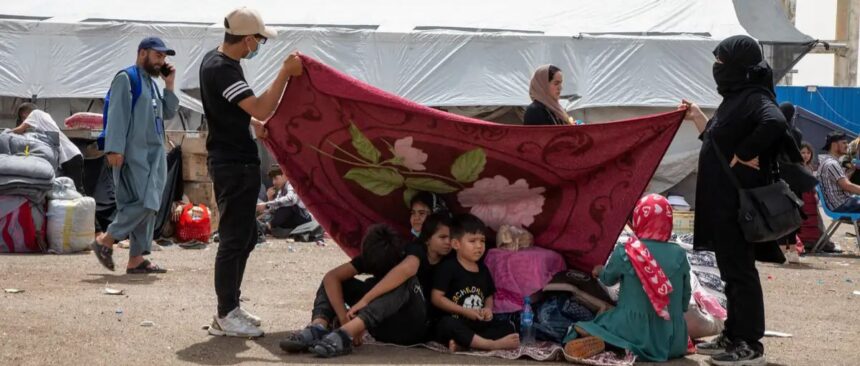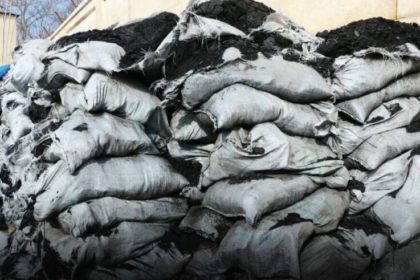RASC News Agency: While official Iranian authorities persist in framing the mass expulsion of Afghanistani migrants across the border as a “desired repatriation,” the harrowing testimonies of deportees reveal a far grimmer reality one characterized by systemic violence, degradation, and a blatant disregard for fundamental human dignity. Mansour Bijar, governor of Iran’s Sistan and Baluchistan province, during an inspection of the deportation process, dismissed widespread reports of abuse and inhumane treatment as “fabrications” and “false news.” He described the expulsions in sanitized terms as “orderly repatriation” and urged Iranian citizens to remain wary of what he called “propaganda” surrounding the issue.
Yet, comprehensive field reports, video evidence circulating on social media, and first-hand eyewitness accounts paint a devastatingly different picture. Afghanistani deportees recount degrading treatment, physical assaults, forcible confiscation of personal belongings, and night-time evictions. Countless individuals are pushed back into Afghanistan utterly destitute without possessions, shelter, or any form of support. Human rights monitors at critical border crossings such as Islam Qala and Zaranj report conditions that not only strip individuals of their dignity but also constitute serious violations of international human rights law. The mass deportation of vulnerable populations including pregnant women, elderly persons, unaccompanied minors, and the chronically ill in the blistering summer heat, without humanitarian aid or protection, amounts to a catastrophic humanitarian failure.
International human rights organizations have repeatedly urged the Iranian government to cease these inhumane practices and to treat migrants in accordance with universally accepted legal and ethical standards. Yet, a securitized and politicized framework continues to govern the treatment of Afghanistani migrants, exposing them to ongoing cruelty and neglect. Over the past four decades, millions of Afghanistani refugees have fled war, insecurity, and economic collapse, seeking sanctuary in Iran. They have made substantial contributions to Iran’s agriculture, construction, and urban labor sectors. Nonetheless, today they face arbitrary expulsions devoid of legal safeguards or humanitarian considerations reduced to pawns in a geopolitical game, their rights systematically denied.
This crisis is further exacerbated by the brutal reality back home, where the Taliban’s oppressive regime systematically marginalizes ethnic minorities and political opponents, consolidating power through violence, repression, and exclusion. The forced returns deposit vulnerable populations into a country rife with insecurity, economic devastation, and political repression conditions that the Taliban have intensified through their autocratic rule. While Iranian officials employ euphemisms like “orderly return” to gloss over these forced expulsions, the lived experiences of Afghanistani migrants are marked by trauma, humiliation, and coercion. They endure exile not by choice, but under duress, fear, and threats caught between a hostile expulsion and a perilous homeland.
This stark divergence between official discourse and on-the-ground reality exposes a profound humanitarian crisis unfolding in silence. It demands urgent international attention and a concerted effort to halt the violations perpetrated against some of the region’s most vulnerable people, who suffer both the brutality of forced displacement and the tyranny of a regime that offers them no refuge.






